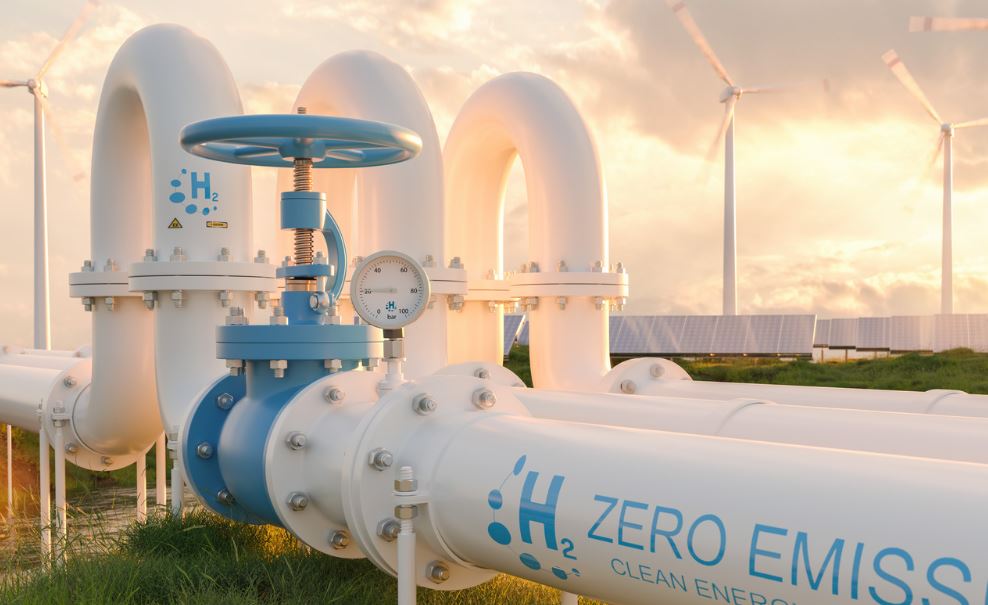The Nordic-Baltic Hydrogen Corridor (NBHC) has secured €6.8 million in funding to advance its hydrogen infrastructure ambitions across Northern Europe. This financial injection underscores the European Union’s strategic focus on bolstering energy independence and sustainability, signaling a commitment to future-proofing the continent’s energy systems.
The NBHC, an undertaking involving six major transmission system operators, aims to study and establish a robust hydrogen pipeline network across Finland, Estonia, Latvia, Lithuania, Poland, and Germany. The funding is earmarked for feasibility studies that will investigate pipeline routing, assess economic and environmental impacts, and outline safety protocols necessary to navigate this complex cross-border endeavor. With essential investigations expected to conclude by the end of 2026, the funds also target logistical alignment among the member states, each of which holds a vested interest in the project’s success.
Collaboration remains key in the NBHC project, which unites Finland’s Gasgrid, Estonia’s Elering, Latvia’s Conexus Baltic Grid, Lithuania’s Amber Grid, Poland’s Gaz-System, and Germany’s Ontras. Their joint efforts put the Baltic region at the forefront of hydrogen innovations, with the potential to significantly reduce carbon emissions while enhancing regional energy security. By 2040, projections suggest the corridor could facilitate the transport of 2.7 million tons of renewable hydrogen annually, subject to the successful deployment of infrastructure spanning approximately 2,500 kilometers.
While the complexities of interconnecting multiple national energy markets are palpable, the project’s feasibility studies and strategic execution efforts demonstrate a comprehensive approach to overcoming these hurdles. Technical specifications currently under consideration include a 48-inch diameter pipeline complemented by multiple compressor stations ensuring efficiency and reliability of hydrogen transmission across vast distances.
This ambitious project aligns closely with the European Union’s broader energy strategies, including the REPowerEU plan. It marks a substantial effort in reducing reliance on external energy sources, particularly from Russia, and supports the EU’s aggressive climate targets. The project’s alignment with the Trans-European Networks for Energy underlines its prioritized status within Europe’s energy policy framework.
